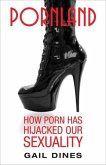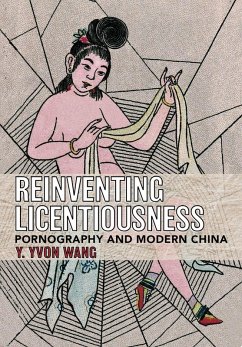
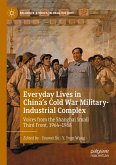
Broschiertes Buch
Voices from the Shanghai Small Third Front, 1964-1988
1st edition 2022
24. August 2023
Palgrave Macmillan / Springer International Publishing / Springer, Berlin
978-3-030-99690-1
| Gebundenes Buch | 139,09 € | |
| eBook, PDF | 97,95 € |
Gebundenes Buch
Voices from the Shanghai Small Third Front, 1964-1988
1st edition 2022
23. August 2022
Palgrave Macmillan / Springer International Publishing / Springer, Berlin
978-3-030-99687-1
139,09 €**
97,95 €
**Preis der gedruckten Ausgabe (Gebundenes Buch)
Sofort per Download lieferbar
VersandkostenfreieBook, PDF
22. August 2022
Springer International Publishing
Ähnliche Artikel
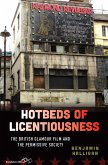
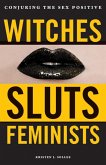
6,99 €
Sofort per Download lieferbar
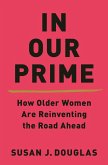
10,95 €
Sofort per Download lieferbar
eBook, ePUB
10. März 2020
W. W. Norton & Company
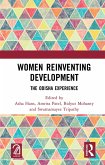

11,95 €
Sofort per Download lieferbar
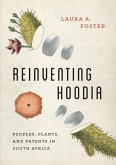
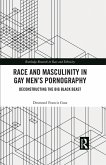
eBook, ePUB
31. Oktober 2021
Taylor & Francis
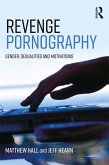
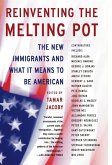
10,99 €
inkl. MwSt. und vom Verlag festgesetzt.
Sofort per Download lieferbar
Ähnlichkeitssuche: Fact®Finder von OMIKRON

